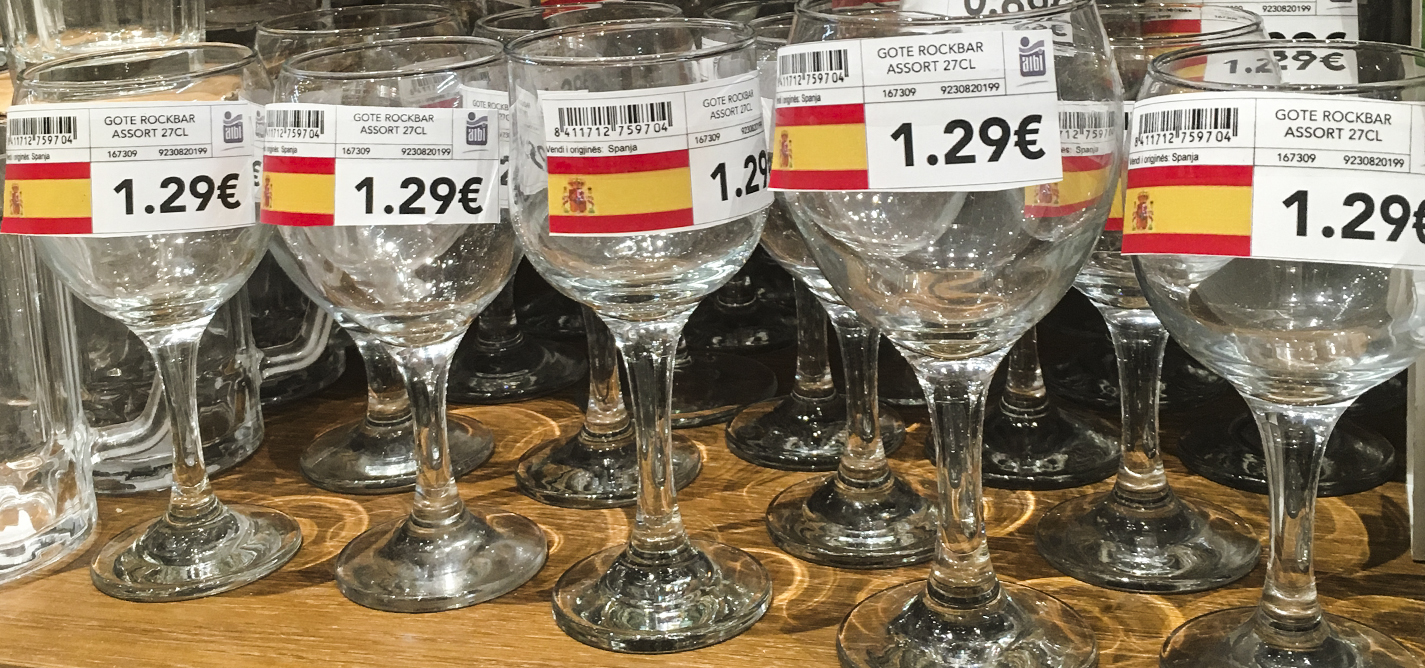
The Kosovo shaped pebble in Spain’s shoe
Are Spain-Kosovo relations beginning to thaw?
|28.08.2020
|
Spanish voices from across the ideological spectrum have discredited analogies that compare Kosovo to Catalonia.
Spain held one of the most hardline positions toward Kosovo across the continent between 2008 and 2018.
The Spanish government insists that nothing has changed.

Juan Manuel Montoro
Juan Manuel Montoro is a freelance journalist and researcher currently based in Santiago de Compostela, Spain. During 2019-20 he was a junior researcher in the program “Building Knowledge About Kosovo — Third Generation” supported by the Kosovo Foundation for Open Society. His research was about Kosovo-Spain relations in popular culture and media consumptions.
This story was originally written in English.